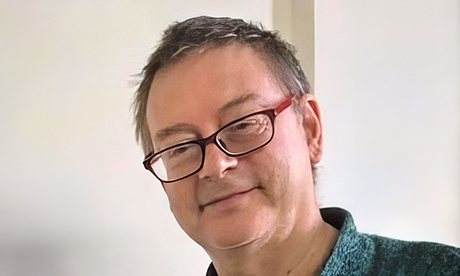Lay apostolate groups worldwide have made their voices heard at the synod in Rome.
Current and former lay leaders from 33 countries – many in the Global South – all endorsed and are signatories to a joint statement “Contribution to the First Assembly of the Synod on Synodality”.
Lay apostolate group concerns
Australian Cardijn Institute secretary, Stefan Gigacz, says the statement aims to draw Synod participants’ attention to several concerns identified by the lay apostolate groups.
These include:
Needing a clear focus on promoting the lay apostolate of lay people
The statement asks for the lay apostolate to be promoted as envisaged in Lumen Gentium §31, Gaudium et Spes §43 and Apostolicam Actuositatem, when the notion of lay apostolate groups was initially developed.
Better representation among participants in the First Assembly of the Synod of international Catholic (lay) Movements
Lay movements were extensively represented in the later Sessions of Vatican II, the statement points out. This was also the case at the Synod on the Laity in 1987. Many were pioneers in promoting the laity and a synodal way of working.
A fresh look at the Apostolicam Actuositatem §26 provisions is necessary
Otherwise known as the “Decree on the Apostolate of the Laity”, the §26 provisions clearly call for more representative and participative structures. These involve grassroots lay movements and organisations from local to global level.
The statement addresses a series of longstanding concerns dating back to the Second Vatican Council, Gigacz notes.
“During the Council, the lay apostolate movements also known as Specialised Catholic Action movements, successfully advocated for representative Church structures.”
These were to involve lay movements at parish, diocesan, national and international levels, he says.
The Decree on the Apostolate of the Laity, Apostolicam Actuositatem, adopted these proposals in its §26.
“But to the great disappointment of Cardijn and the leaders of the lay movements, these reforms were not implemented when the first Vatican Council of the Laity was established in 1967.
“Today, the current Dicastery for Laity, Family and Life is still not a representative body.
“This is surely an issue that needs to be addressed by the Synod on Synodality;” he says.
Regrets and hope
The signatories say in the statement:
“We regretfully observe that the Vatican II teaching on lay apostolate …
“The role of the lay movements appears not to have been received to the extent that the Council Fathers – and the lay auditors who assisted in the drafting of the Council documents – would have envisaged and desired.”
They also say:
“We believe that there is an urgent need for a renewed attention to and reception of the teachings of the Council on lay apostolate.
“We call on participants at the Synod on Synodality to reflect deeply … [and we hope for] … much broader representation of international lay movements, communities and organisations at the Second Assembly of the Synod.”
Source
Additional readingNews category: World.




